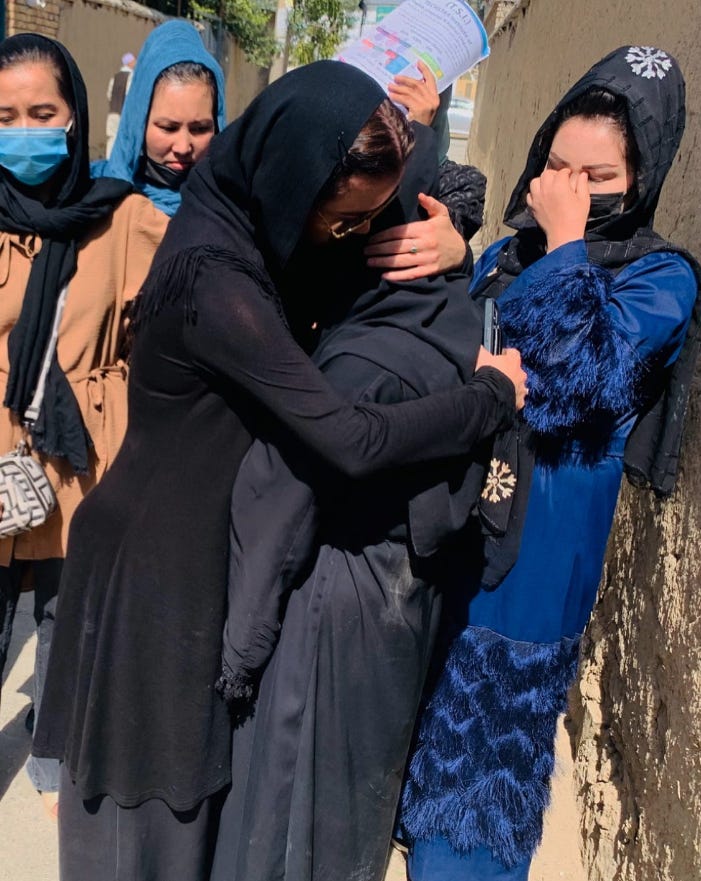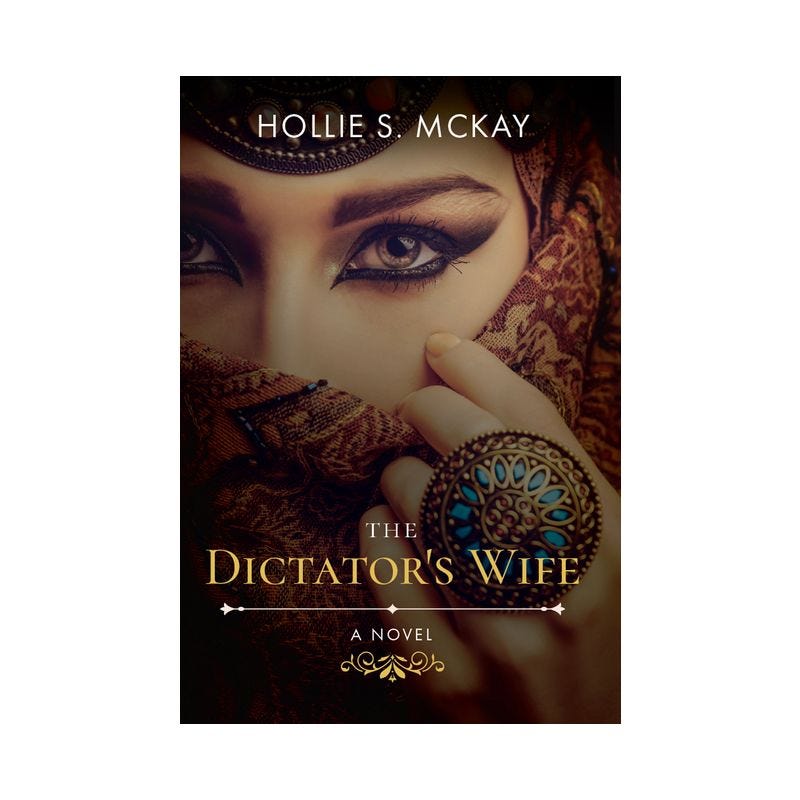Young Lives Shattered: Remembering Afghanistan and Hazara Tragedy
Three Years After the Fall, Memories that Still Scar
It is the most searing scene: Hazara girls sitting hunched over on the broken earth, sobbing so hard in each other’s arms that they cannot speak, their cries resonating like howls through the narrow alleyway. Two days earlier, an unfathomable terrorist attack struck the intensely persecuted Shia Hazara minority.
A suicide bomber exploded on packed classrooms inside the Kaaj Educational Center in the Hazara-dominant Dashti Barchi neighborhood of western Kabul, where hundreds of gender-segregated students – mostly girls and some boys aged between 17 and 20 – were preparing for university entrance exams.
The suicide assailant, the surviving students tell me afterwards, detonated in the women’s section of the exam hall. Gun men also opened fire. Women are always soft targets in conflict. The death toll stands at more than 53 dead. But with dozens more gravely wounded, the figure keeps rising.
“There will be many more than 50 killed. I don’t know the exact figure, but I am witness to it. There were many more killed. As soon as they (attackers) entered, many were shot by the gun only,” Basira, with a stern, small voice, tells me. “I was in the next class, next to the main one. There were 18 students. As soon as we heard the gunfire, we locked the door on the inside so they couldn’t come in.”
She unfurls her traumatic tale monotonously, as if talking about a life that belonged to someone else.
“Then, when the blast happened, all the mirrors were broken,” Basira recounts. “The pieces would fall on our heads, and we were waiting (to die). It makes you feel hopeless. We were calling our families, letting them know that this happened. We even told them goodbye.”
I want to weep with them, but I must not. I do not want the Taliban to see me cry. A small group of survivors gathers around me, all girls and women aged between seventeen and twenty who weathered the blast. Each lost a relative or close friend, and each one is waiting to lose someone else they loved most in the world as the death count ascends.
“My memories aren’t cleaned up. I can’t eat,” another girl, trembling, whispers. “I have no appetite for anything.”
They vividly detail how they raced for their lives to the back of the yard, where the Hazara boys – covered in blood from both their injuries and the injuries of others – lined up plastic chairs to help the girls lift themselves over the concrete wall and away from the carnage.
I notice a petite, fine-boned beauty wrapped in the dark colors of bereavement shaking beside me. In a pleasant, sing-song voice, she explains her name is Jameela. It takes her a long time to reveal that she lost her baby sister Laiqa, 18, in the madness that her mother had sent her two daughters from their home province of Maiden-Wardak to sit the university exam.
“I came late to class and got a seat in the last part of the class, just before the boys,” Jameela stammers.
It was a minor infraction that would save her life.
“My sister came earlier, and that is why she was in the front row,” Jameela continues, trying to steady herself from breaking. “I don’t know what happened to her, but we were told to wait there when the first two bullets were fired. Only then did they enter and start attacking, and everyone was running away.”
Her face creases with myriad emotions, from anguish to anger to utter depression and disbelief.
“I don’t know what happened to her, but when I could look over, I saw her face was burned. I recognized her only by her scarf,” Jameela says of her sister, who dreamed of one day becoming an engineer. “We were sent here by our family, and they never said send us one of you back in a coffin. So only my mother is left, and she is in trauma; she has no control over herself. My father is dead.”
More distressed faces emerge from the crowd.
“The Taliban was 150 meters away from here when the bullets were fired. So, they should have understood to come here fast,” another survivor, Zahra, says, clutching my black dress.
Some Hazaras lament that they were being laughed at in their gloomiest moments, an insult to the inflamed injury. It is all a painful pill to swallow. The war is supposed to be over. But perhaps it is only over for the U.S. The growing torrent of attacks the minority faces each day illuminates the struggle for security still gripping the impoverished country.
“They don’t treat us as humans,” Mahtab, another student, remarks.
Of all the things these girls and young women tell me, this is what glues to my heart the most – the lived dehumanization, the humiliation others must live through with nobody to come to their defense. Hazaras are widely considered Afghanistan’s most discriminated ethnic minority group. For centuries, they have stared down the barrel of intense violence and discrimination in the Sunni-majority country. In the late 19th century, Hazaras were assembled under the Abdur Rahman Khan Pashtun reign – thousands of men were slain so their lands could be seized, and thousands more women were abducted as enslaved people.
But the ingrained hatred extends far beyond their religious identity. Hazaras are widely known for their whimsical literary customs and disparate breed of folk music steeped in sonant traditions of poetry and storytelling. Hazara women also typically experience more freedoms than many of their Afghan counterparts in the way they dress, exposure to education and the types of vocations they pursue, all of which hang in limbo because of the Taliban’s rebound to the throne. This is what the U.S. left behind.
I move closer to the Taliban on the ground at Kaaj, intending to be fair and to include their perspective of what happened. But fairness and the Taliban seems like an oxymoron. Instead, a Taliban member yells viciously at me simply for being there to tell the story, demanding I hand over my phone. I refuse. Taliban soldiers then escort me to the nearby police station, insisting it is illegal for me to talk to the traumatized community.
The matter is quickly resolved once the local commander at the station sees my permission letters from the Foreign Ministry and Kabul’s Information and Culture Director. I return to the learning center, where working feels like I am walking on eggshells around a crime scene, soaked in suffering and frustration.
The girls line up outside the shuttered school days after the tragedy, their arms filled with textbooks. I admire how they wait persistently in the harsh midday sunshine, demanding to be allowed inside, desperate for the opportunity to learn. Education, something so many of us take for granted, is profoundly cherished by the hurting Hazara.
“Nobody can take us away from education. We have come here to show that the more they (terrorists) try to kill us, the more we will keep coming to study,” Basira explains, her voice gaining momentum. “We are not going to sit back. The more you kill us, it doesn’t matter. We will continue our education because we hope for the future. And we believe the future will be bright for us.”
The issue of girls’ education in Afghanistan remains a fraught one. But, after some arguing, some pleading with the Taliban in their quest to at least learn from home, two wailing girls eventually get permission to enter the blistered building to collect their books and materials. Their tiny hands entwined. I have never seen humans run so fast.
“Our message to the world is that we can come out of our home at our own will,” Jameela says tenderly. “But we are not sure if we will return.”
Many Hazaras live on luck and the paling belief that someone will hear them and put a miraculous stop to the slaughter. This is courage, much more courage than even the Hollywood superhero movies will lead you to believe.
“Give us protection, or the United Nations should hear us and do something. We are tired of it,” Jameela adds. “(The Taliban) should either provide protection for us or let us do it ourselves, and they should just go away from the area.”
FOR EXCLUSIVE GLOBAL CONTENT AND DIRECT MESSAGING, PLEASE CONSIDER A PAID SUBSCRIPTION TO THIS SUBSTACK TO HELP KEEP INDEPENDENT, AGENDA-FREE WRITING AND JOURNALISM ALIVE. THANK YOU SO MUCH FOR YOUR SUPPORT.
For speaking queries please contact meta@metaspeakers.org
For ghostwriting, personalized mentoring or other writing/work-related queries please contact hollie@holliemckay.com
Follow me on Instagram and Twitter for more updates
Order The Dictator’s Wife (out June 10)
Click Here to Order from my publisher DAP Publications (please support small business!)
Click to Purchase all Other Books Here





